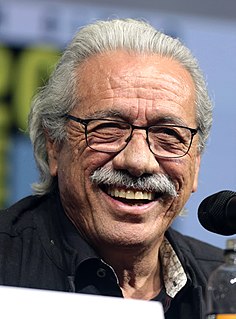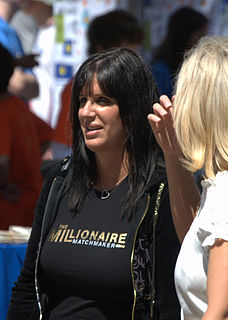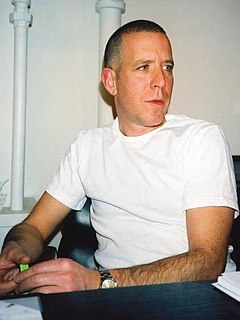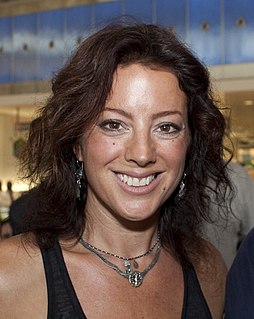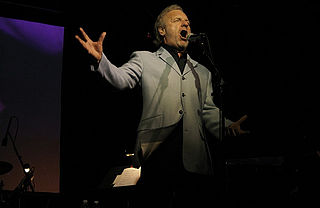A Quote by Nat Hentoff
[William Shawn] took over The Voice and tried to turn it into New York Magazine - very glitzy covers that promised practically nothing in terms of what was inside, very rushed paper anymore. You - not very contemplative, thoughtful or whatever.
Related Quotes
Clay Felker was then - he had - to his credit, he had created New York Magazine, which was the first of the city magazines that covered the city and gave all kinds of advice and all that sort of stuff. And there were copies all over the country by the time he left. He had, however, a view of journalism that was very much, I must say, like Tina Brown's at The New Yorker. You hit 'em hard, fast, give 'em something to talk about the day after the paper comes out, as contrasted with William Shawn, who gave them something to talk about two or three years from then.
If we're having a glitzy over-the-top moment, fashion is very glitzy and over-the-top, you know, over-the-top. If we're having a moment where things are, you know, we're in a recession, fashion becomes quiet. So, in terms of popular culture, fashion and especially women's fashion is incredibly interesting, aside from satisfying just a particular need to create and arrange things in a way that one sees as beautiful. And so, in a certain way, it's fulfilling. In another way, it's very fleeting because it doesn't last very long. You know, a beautiful moment in fashion goes away very quickly.
After [Bill Shawn] was fired, I was going to the YMHA [Young Men's Hebrew Association] on the Upper East Side to do a talk on free speech.I went into a coffee shop to get a piece of pie and a coffee, and I was reading a paper and I hear a voice. And it was -it was not a voice I was familiar with, but I looked across the table and I saw Lilian Ross.And sitting next to her was William Shawn - no tie, needed a shave. His voice was kind of coarse and rather loud. He wasn't drunk, but I was just stunned.
Link is a quiet man to meet- easy and courteous. His music, though, betrays that deep inside he gets very very mean very often. I remember being made very uneasy the first time I heard Rumble , and yet very excited by the guitar sound. And his voice! He sounds like a cross between Jagger and Van Morrison, even sometimes like Robbie Robertson. We met him in New York in 1970 while recording Who's Next.... this later inspired the b-side Wasp Man, a tune we dedicated to Link Wray.
I told [a big investor in The New Yorker] - I was complaining the way writers complain.I said`[Bill Shawn] pays very well, but a lot of my pieces don't get in,' and that was true of most of the writers there.But he pays you for them, that was very nice of him. This guy didn't think it was very nice. He figured, `Oh, my God, that's more of my investment gone,' and paying money to writers for not printing them. That became, apparently, one of his weapons against Shawn when he - in the corporate skirmishes that went on. It was a bad mistake on my part.


